Ireland, Reading and Cultural Nationalism, 1790–1930: Bringing the Nation to Book
The emergence of an Irish 'common reader' in the nineteenth century had significant implications for the evolution of Irish cultural nationalism. The rise of literacy rates prompted a cultural crisis, with nationalists fearing that the beneficiaries of mass education were being drawn to populist publications emanating from London which were having the effect of eroding Irish identity and corrupting Irish morals. This fear prompted an intensification of cultural nationalist activity at the turn of the century. Andrew Murphy's study, which includes a chapter on W. B. Yeats and the Irish reader, moves freely between historical and literary analysis, and demonstrates how a developing sense of cultural crisis served as an engine for the Irish literary revival. Examining responses to Irish reading habits advanced by a wide range of cultural commentators, Murphy provides a nuanced discussion of theories of nationalism and examines attempts finally to control reading habits through the introduction of censorship.
{{comment.content}}
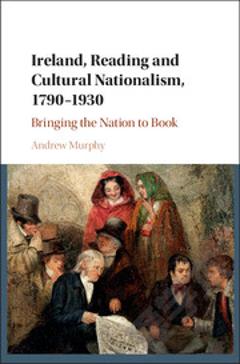
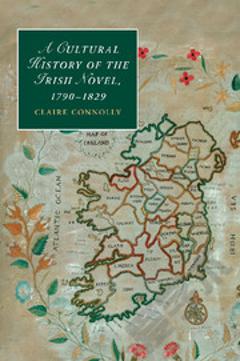
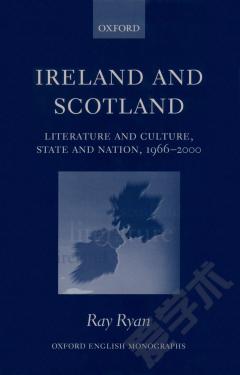
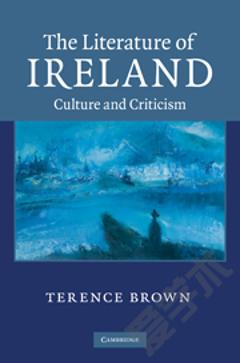
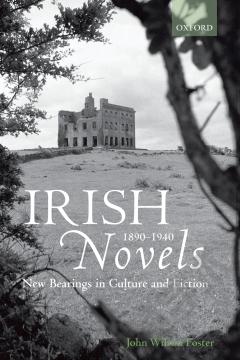

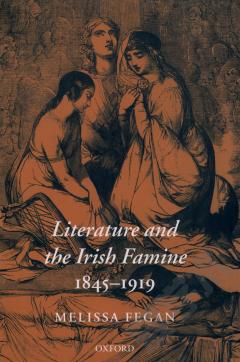

 京公网安备 11010802027623号
京公网安备 11010802027623号